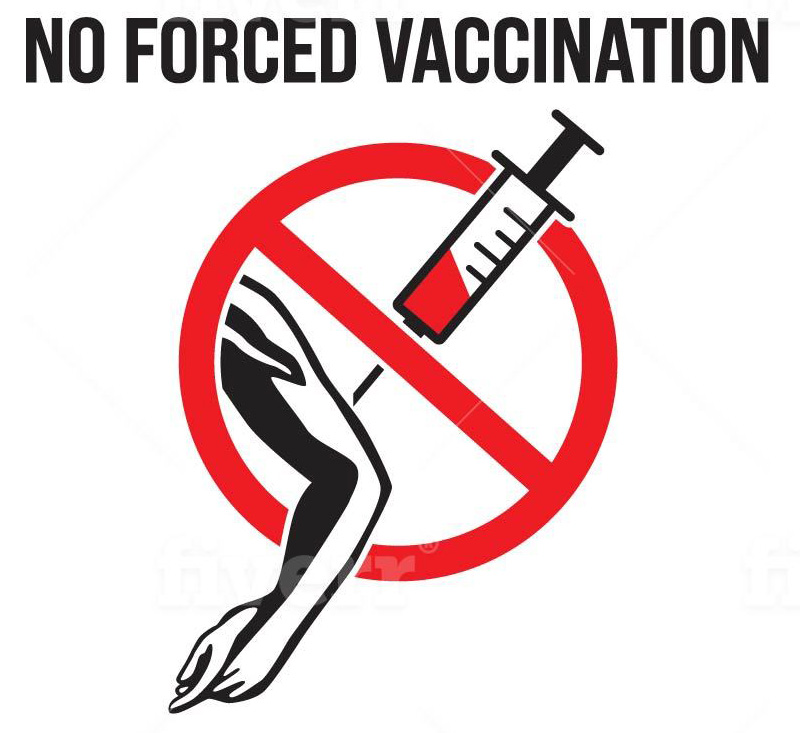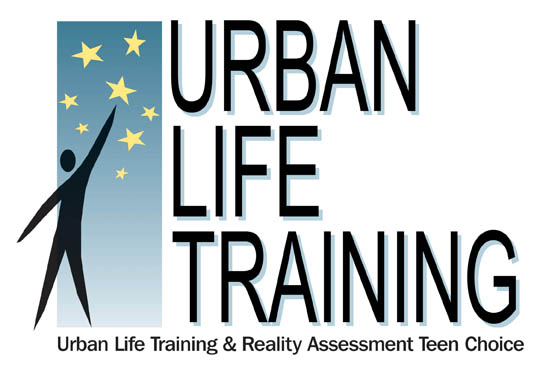- Details
- Category: Vaccines
Vaccine Choice related news from the VisionRoot Blog:
Listen to or download the podcast of this episode
Evidence from the DTP Vaccine and H1N1 “pandemic”
There has been a lot of fear-based hype regarding the Covid-19 disease caused by the SARS COV-2 virus. The organization entrusted really with overseeing Public Health, United States as the Centers for Disease Control or CDC, and on the world level, we have the World Health Organization.
But can we trust these organizations based on their previous record?
One very concerning set of evidence comes from Dr. Peter Aaby, a world-renowned researcher who’s worked with vaccines for 40 years. Dr. Aaby found that children in Guinea Bissau who receive the DTP (Diphtheria, Tetanus and Pertussis) vaccine were 2.3 times more likely to die than children who did not. The effect for girls was even greater, with five times more girls dying than boys. This data was collected in 2003. Yet the World Health Organization manipulated the data and said that his meticulously researched data was wrong. Children in Africa are still receiving this vaccine, with thousand being killed by it. Yet the World Health Organization, coopted by Big Pharma, twists the data and keeps giving the vaccine.
Furthermore, current tests of a new Malaria vaccine will end up killing 2000 to 5000 girls in Africa. Why do we not hear about this? Again, it is the corruption exhibited in the Big Pharma-World Health Organization alliance.
Read more: The CDC and the World Health Organization Cannot Be Trused on Covid-19
- Details
- Category: Vaccines
 Dr Richard Moskiwitz states in an article written for Children's Health Defense:
Dr Richard Moskiwitz states in an article written for Children's Health Defense:
"As a GP with more than 50 years experience in treating children and their families, I feel it my duty to speak out against the new vaccine mandates, for three main reasons. The first is that there is no emergency to justify vaccinating children against their parents’ wishes, let alone keeping them out of school if they refuse. The second is that the research cited to prove that vaccines are safe and effective falls far short of the rigorous standards that valid medical science must follow. The third is that the Nuremberg Code and the Helsinki Declaration, both of which we helped write and still profess to abide by, explicitly forbid any medical procedure, treatment, or experiment undertaken without the fully-informed consent of the recipient." .....As a GP caring for families, I’ve always felt uneasy about giving vaccines routinely, because the diseases they’re designed to prevent are acute illnesses, with high fever and a massive, concerted outpouring of immune mechanisms that succeed in expelling the invading organism from the body, whereas vaccination, by contrast, is by definition a chronic process, involving long-term antibody production as an isolated phenomenon that requires the vaccine organism to remain inside the cells of the host for years, with no obvious path or mechanism for getting rid of it.
In light of the industry’s successful campaign for concealing the harm done by vaccines, the simplest way to approximate the extent of it is to look at it in reverse, at the major health benefits to be acquired by not vaccinating, and simply allowing our children to acquire the ordinary diseases that most of them would naturally be exposed to. Many studies have shown that children who come down with and recover from acute diseases with fever, like measles, mumps, rubella, chickenpox, and influenza, are significantly less likely to develop chronic autoimmune diseases and cancer later in life than those merely vaccinated against them.
Read the complete article at Children's Health Defense: https://childrenshealthdefense.org/news/the-jig-is-up/.
- Details
- Category: Vaccines
 Delegate Brandon Steele, Republican, Raleigh County introduced three bills dealing with vaccine choice. Also, Senator Mark Maynard, Republican, Wayne County has introduced Senate Bill 220, providing for religious and conscientious vaccine exemptions. The bill has been referred to the Health and Human Resources Committee, and then Judiciary.
Delegate Brandon Steele, Republican, Raleigh County introduced three bills dealing with vaccine choice. Also, Senator Mark Maynard, Republican, Wayne County has introduced Senate Bill 220, providing for religious and conscientious vaccine exemptions. The bill has been referred to the Health and Human Resources Committee, and then Judiciary.
House Bill 4114 was introduced on January 13, 2020. This bill says ““Informed consent” means the right of all people to be fully informed about the risks and benefits of a medical intervention and free to make a voluntary decision on that intervention without being coerced, threatened, or punished for the decision.”
According to the bill, a patient, or parent or guardian of a patient may not be discriminated against or harassed because they have delayed or declined a vaccination. The patient may not be dismissed from the medical practice due to this reason. Doctors cannot accept monetary payment or other incentives for patient vaccination. A liability waiver may not be required for patents who decline or delay a vaccination. Fines may be levied by the Department of Health and Human Resources for violations. For a second violation, the Health Practicioner’s license may be suspended.
This bill will help the many West Virginia parents who have either been harassed or dismissed from a doctor’s practice due to delaying or denying a vaccination.
House Bill 4063 was introduced on January 8, 2020 and will allow a child’s doctor or health care provider, not the state vaccine officer to write an exemption for the child. The bill has been referred to the Health and Human Resources Committee.
House Bill 4115 was introduce on January 13, 2020 and will remove vaccination requirements for private and parochial schools in West Virginia. The bill has been referred to the Education Committee, and then to Health and Human Resources
To voice support for any or all of these bills, contact your West Virginia State Delegate or your State Senator to voice your support. You can also contact the members of the West Virginia House Health and Human Resources Committee, to which the bills have been referred, to demand that the bill(s) that you support get a hearing and are released for a vote on the WV House floor. You can find the members of the WV Senate Health and Human Resources Committee here.
- Details
- Category: Vaccines
“What do researchers do when they discover that vaccination opponents are justified in being concerned? No vaccines have been studied for their non-specific effects on overall health, and before we have examined these, we cannot actually determine that the vaccines are safe (emphasis added). In addition, our research shows that some vaccines actually increase overall mortality, especially among girls, and this is very worrying,” explains Christine Stabell Benn, Clinical Professor, University of Southern Denmark, Odense."....
"Christine Stabell Benn is also pleased that she has not had any children in the United States, where, for example, all newborns have the mandatory non-live hepatitis B vaccination four times before their first birthday.
I would not voluntarily give my newborn the hepatitis B vaccine let alone want to be forced to do it (emphasis added). Vaccination this early only makes sense if the mother is chronically infected with hepatitis B, for which there is a test, and only a few percent have it. So the vast majority of infants who get the vaccine at birth do not need it, and no one has tested what the vaccine means for overall morbidity and mortality. The only study to investigate this is our study, showing that hepatitis B is associated with higher female than male mortality, which is a serious danger signal given our results for other non-live vaccines,” says Christine Stabell Benn."
Read the article here: https://www.sciencenews.dk/en/vaccines-an-unresolved-story-in-many-ways.
- Details
- Category: Vaccines
- Vaccination is a medical intervention. United States law considers vaccines to be “unavoidably unsafe”.1 All medical interventions must be freely chosen. See the Part 1 video: Vaccines are Unavoidably Unsafe.
- The vaccine industry is fraught with conflicts of interest. See the Part 2 video: The Vaccine Industry is Fraught with Conflicts of Interest.
- All vaccines are not created equal. West Virginia mandates one vaccine for a non-communicable diseases (Tetanus), one vaccine is for a disease related to poor sanitation and drug use (Hepatitus A) and two vaccines for diseases not communicable in the traditional sense, but rather by sexual activity or IV drug use (Hepatitus B) or by mucus spread by kissing or very close prolonged contact (meningococcal). Yet we are told that all vaccines are (equally) required. Why? Whose best interest does this serve? For example, the DTaP vaccine has the highest numbers for serious adverse reactions causing hospitalization 20,220 reported cases, translating to 202,000 to 2,000,000 actual serious cases, due to under reporting. The number of reported deaths is 2979, translating to 29,790 to 297,900 actual deaths. Yet, before the vaccine, there were only two diphtheria deaths nationwide per year. Why does West Virginia require this harmful vaccine?


